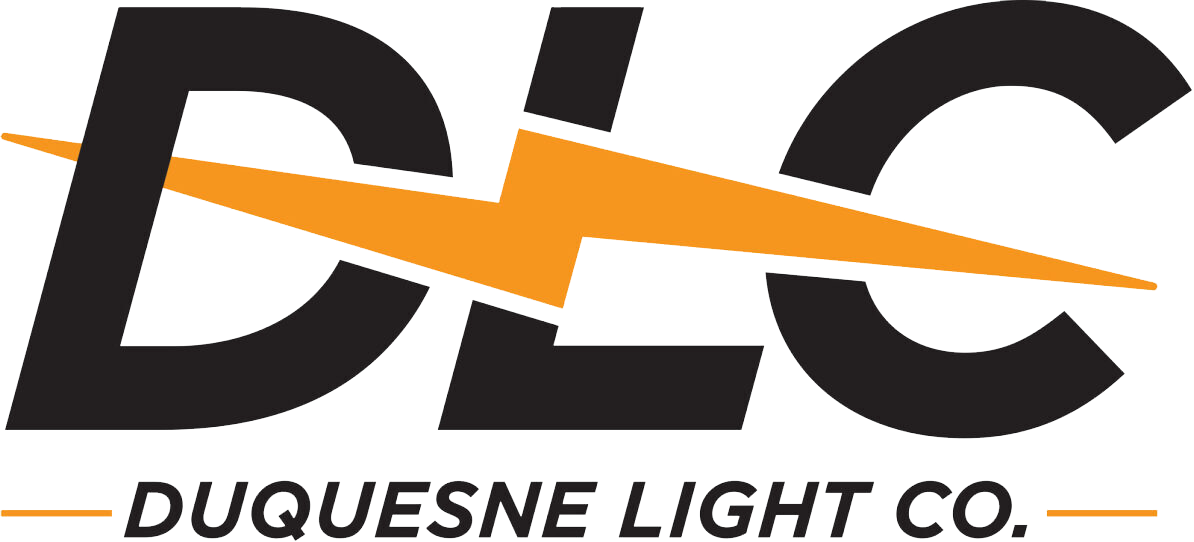sponsor content What's this?
Energy
Energy Equity Requires Action.
The time to act is now.

Tishekia Williams Provided

Like the air we breathe, energy is an essential ingredient for a healthy, prosperous life. Virtually every aspect of 21st-century living is dependent on access to energy where we live, work, and play. Our nation’s electrical grid provides one of the safest, most reliable sources of energy, yet not everyone has equitable access to it.
For me personally, the importance of access to reliable power shows up most significantly in my role as a mom. One of my children has asthma that is managed with a daily inhaler, biologic monthly injectable – and, if he is suffering from a cold or other respiratory illness, albuterol treatments via a nebulizer. Sometimes, the difference between my child sleeping safely in his bed at night or an emergency room admittance is the ability to plug our nebulizer in to a power socket at home. I am incredibly fortunate because when I flip the switch, the power is almost always on. I suffer no economic barriers to the grid as a safe, reliable power source.
Due to a number of varying socioeconomic challenges, not everyone is so fortunate. This is why the fight for energy equity – defined at Duquesne Light Company as the uncompromising pursuit of access to energy for all customers, with a focus on historically disadvantaged people and communities through policy and intentional resource allocation – is so important.
More than a decade ago, I worked on a matter in family court as a utility lawyer. In that case, children were allegedly removed from a home, in part, because there were no working utilities. In Pennsylvania, child welfare agencies can take this action if they believe the child’s safety or well-being is at risk. While lack of utility service may not be a sufficient reason alone, if lack of utility service is causing significant harm or endangering the child’s health, it could be a factor considered in a child welfare investigation. While I’m a tough lawyer, I’ve never wanted to settle a case more in my life – because in that case, the ability to flip the switch and have access to safe, reliable power from the grid preserved a vulnerable family.
As a regulatory lawyer for Duquesne Light Company, the transmission and distribution electric utility serving the Pittsburgh region, I still interact regularly with customers, which helps keep me focused on the personal nature of energy access.
In Pennsylvania, individuals and families currently have protections that help to preserve their access to energy via the Responsible Utility Customer Protection Act, 66 Pa.C.S. Chp. 14 et.al, otherwise known as “Chapter 14” to those in the utility business. Chapter 14 provides customers with several rights, and equally importantly, responsibilities. For example, customers or applicants may receive medical extensions if someone in their household requires energy for medical needs. As currently written, Chapter 14 is not perfect, but it does serve as an important energy equity tool for the communities we serve.
In the absence of legislative action, Chapter 14 will expire on December 31, 2024. As we consider energy policy for this Commonwealth, I truly hope we can work with our legislators to ensure Chapter 14 is reauthorized in a manner that emphasizes customer rights and responsibilities to secure equitable access to the grid for all customers. While Gov. Josh Shapiro’s recently announced energy plan has its merits, it does not change the need to focus on energy delivery and policies like Chapter 14. It’s not only an essential tenant of DLC’s vision to deliver a clean energy future for all, but a unique and timely opportunity to continue supporting the well-being of all Pennsylvanians.
Tishekia Williams is the managing director of external affairs and regulatory law at Duquesne Light Company.
